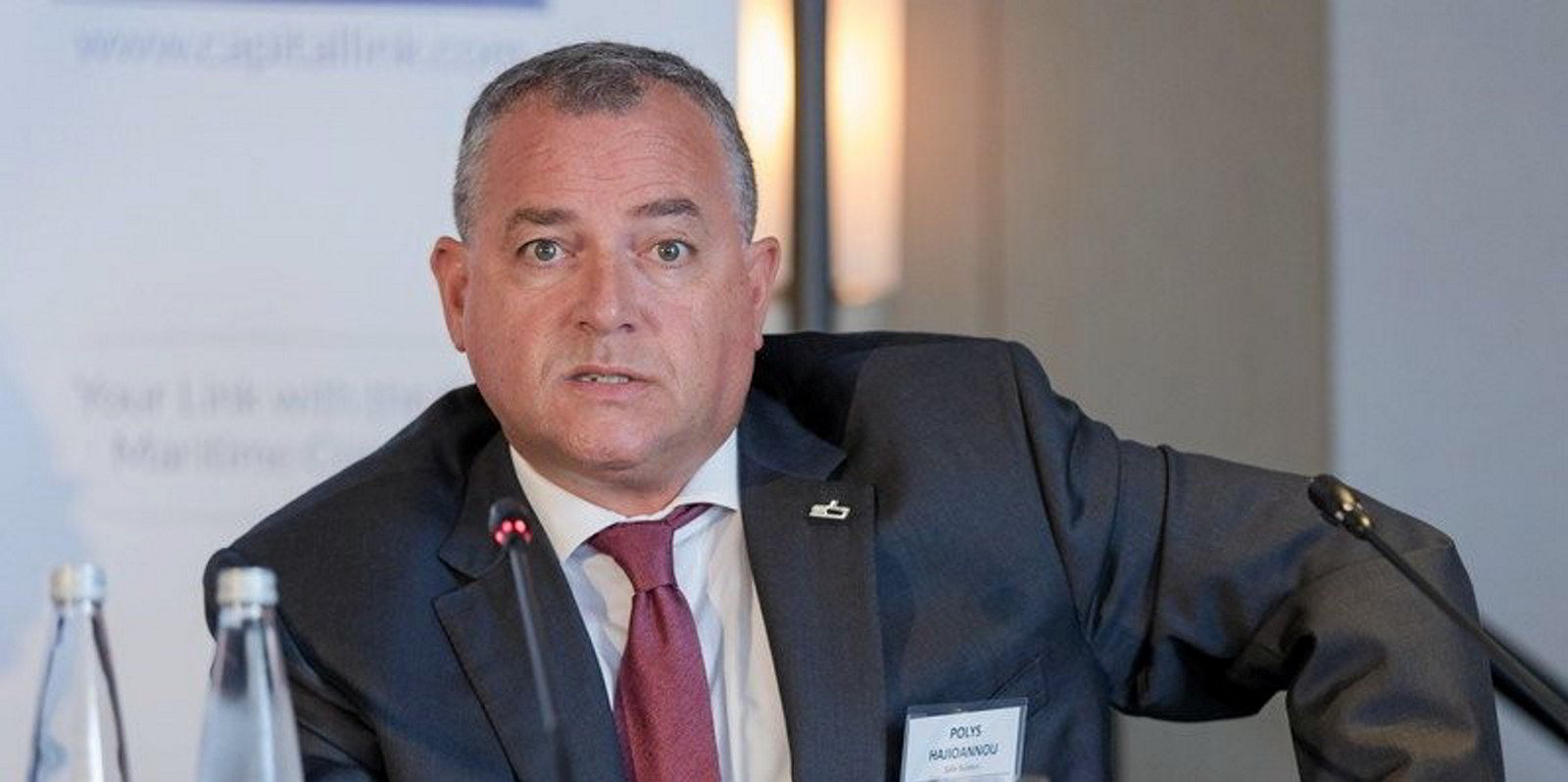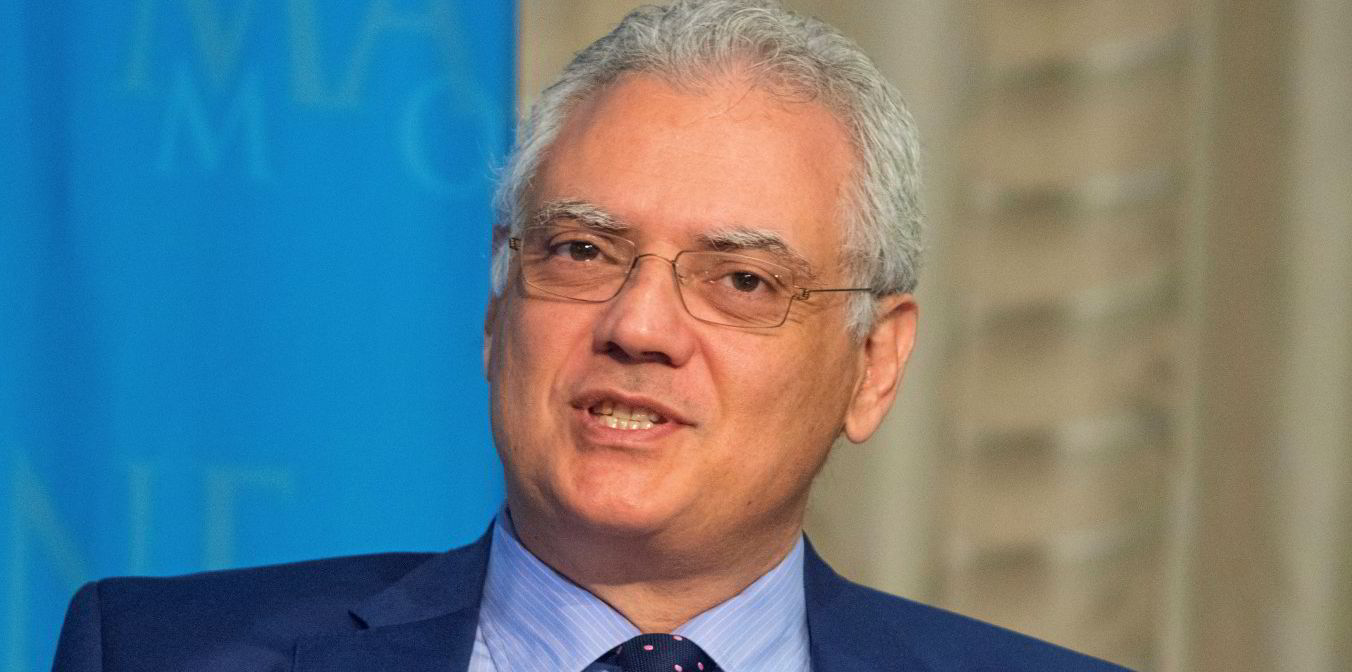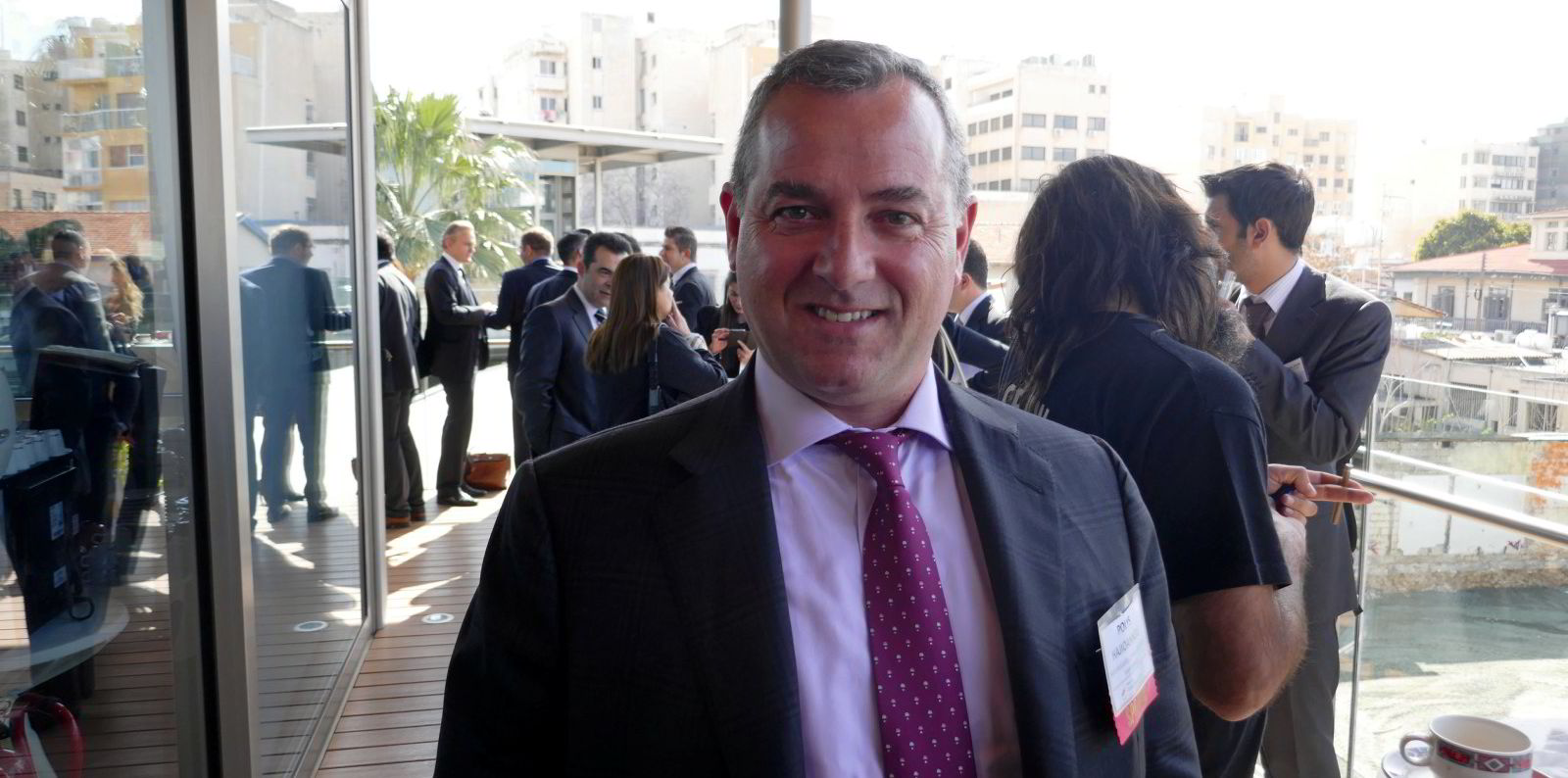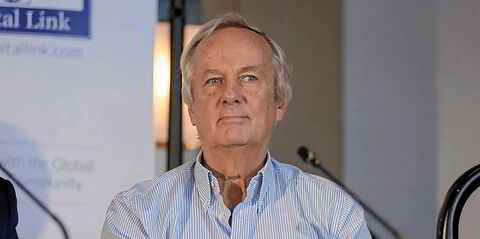US-listed Safe Bulkers is raising in the ante in its scrubber installation programme, extending it to its entire capesize fleet.
The company, which has already installed such exhaust gas cleaning systems on 18 of its 42 ships in the water, is installing them on five more vessels.
“We’re optimistic that this will be [provide] a steady income,” chief executive officer and principal shareholder Polys Hajioannou told analysts in a conference call on Thursday to discuss second quarter results.
Owners of scrubber-equipped ships can burn cheap heavy fuel oil (HFO) without violating regulations on sulphur emissions.
The higher the price differential between HFO and the very-low sulfur fuel oil (VLSFO), the bigger the profit for owners of such ships.
“We don’t expect oil prices to drop any time soon, despite talk of coming recession,” Hajioannou explained.
“For us it’s a good investment and it’s good we’ve made it timely, that we have the technical know-how and that we can make changes and investments very quickly. We’ve secured the scrubbers, which is also a struggle these days.”
Early in the cycle
Even more importantly, high oil prices reflect well on the company’s decision to order 11 fuel-efficient, latest-technology bulker newbuildings very early in the cycle.
The first of these Japanese-built vessels — all being built to comply with phase 3 of the Environmental Efficiency Design Index and IMO Tier 3 emissions regulations — has already been delivered and the rest are to follow through to 2025.
“When we ordered these vessels we never thought that we would be getting them when a ton of VLSFO is worth $1,000 per ton,” Hajioannou said.
“We considered them a sound investment with the price of oil at $400 or $500 per tonne.”
Hajioannou, who controls about 40% of the company, expressed confidence that this will show in next quarters’ results.
US-listed Safe Bulkers reported a 55% annual profit increase for the second quarter to $50.3m.
Buoyant markets have boosted the company’s liquidity to more than $300m in cash, cash equivalents and untapped borrowing capacity. Debt, including a $100m bond issued in the Athens Stock Exchange, stood at $433m at the end of June.





